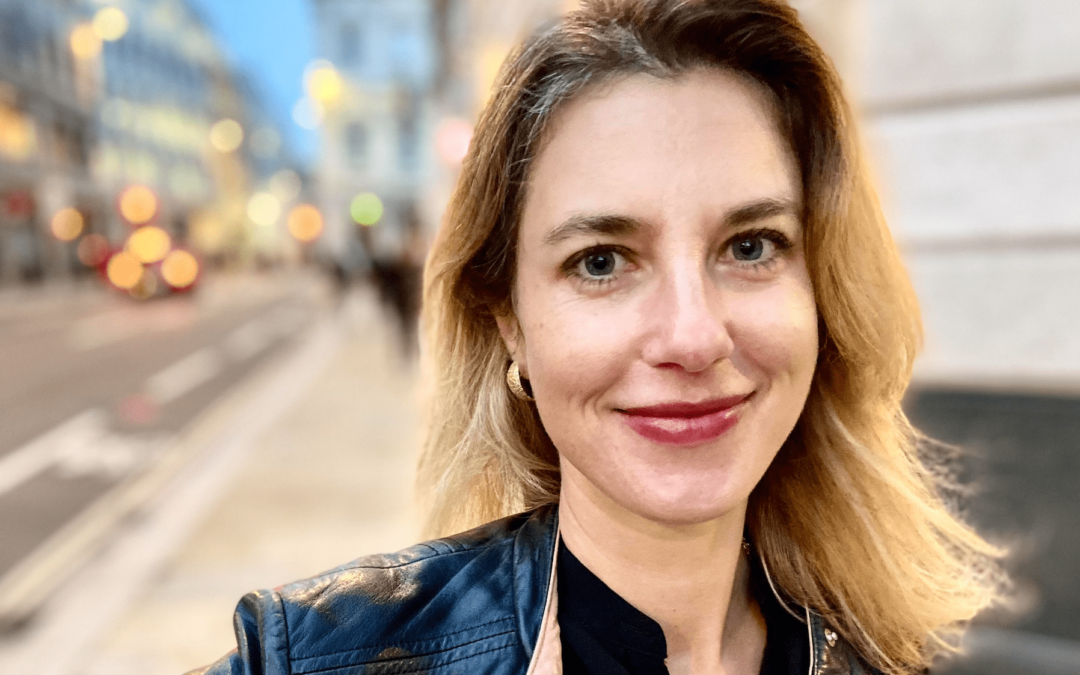Spin is the micromobility unit of Ford Motor Company. Headquartered in San Francisco, the company currently operates dockless electric scooters and bikes in campuses and cities across Canada, USA, Germany, Portugal, Spain and in the UK.
How do you market to cities?
From our conversations with cities we have learnt what they care about most. First, we highlight our safety and operational track record. Second, our partnership approach, be it with authorities or various disability interest groups. Third, the power of data. For example, we were able to show them that people have opted to take an e-scooter at least once since hire schemes were introduced instead of driving solo on shorter journeys. Getting people out of cars is one of the top prizes for cities.
What has been your most successful campaign and why?
We recently took a different approach, embracing a highly topical theme: mental health. We surveyed nearly 1,000 Spin e-scooter riders and we found that for the majority (70%) riding helped improve their mental well-being. Showing this–so far unexplored– benefit for the first time is a great conversation starter with cities and they welcomed it. We too often market e-scooters and e-bikes as getting people from A to B without restricting them to fixed routes and in doing so, we’ve lost the magic of why riders choose the service in the first place: they feel free and it’s fun!
What are your best marketing channels?
Small roundtables where we bring together industry participants to discuss and debate issues rather than shower them with our direct marketing materials. We also publish our own content as blog posts and share them via LinkedIn and Twitter.
What are the biggest challenges in marketing in the city sphere?
The biggest one is how to stand out in such a competitive market. There may be 15-20 micromobility companies knocking on the door of a city. Having Ford Motor Company as our parent company and sharing similar values help with differentiation and credibility.
Does that vary by city/country?
This is a general theme but there is no one size fits all. For example, in our UK markets, Colchester’s roads date back to Roman times while Milton Keynes was built nearly 60 years ago so the road and transport eco-systems and so the cities’ requirements are very different.
What are the long-term trends you are seeing with marketing to the public sector?
Decisions at city level are becoming ever so political. The needs and wants of cities are very localised, then add the layer of various interest groups and in some instances the decision maker’s personal agenda. Navigating this growingly complex environment is here to stay.
What did the COVID-19 pandemic teach you and what advice can you provide to others?
A glass half empty is also a glass half full. During lockdown, with government advice to stay at home, we had to stop the general promotion of our public hire e-scooter service, including during our UK launches. We changed our focus and marketed directly to healthcare workers for whom it was important to have a socially distanced means of transport. We have been offering them free rides ever since. Today, just in the UK, we have about 1,200 healthcare riders who have ridden 25,000 times over the past six months.
What are your campaign priorities for this year and 2022?
Safety education of road users, including Spin e-scooter riders as well as pedestrians. Also, the positive environmental impact of micromobility services.
What are your biggest lead sources – Google ads or search engine marketing; social media and content marketing; own events or third-party events?
Unlike many other industries, the city is our first customer. Unless we win the permit, we won’t have any riders to service. So our primary target customers represent such a small universe that bespoke events and specialised content marketing , such as our upcoming thought leadership report on mental health benefits are the most worthwhile to pursue.
Which events/conferences will you attend and why?
With so much uncertainty this year, we have prioritized speaking opportunities versus exhibiting. Spin executives will be speaking at Reuters Mobility, a virtual summit and Move, an in-person expo.
BIOGRAPHY
Birthplace: Hungary
Education: Ph.D. in Applied Linguistics, University of Pécs, Hungary; MA in Applied Linguistics, University of Groningen, The Netherlands
First job: Account Executive, Brunswick Group

